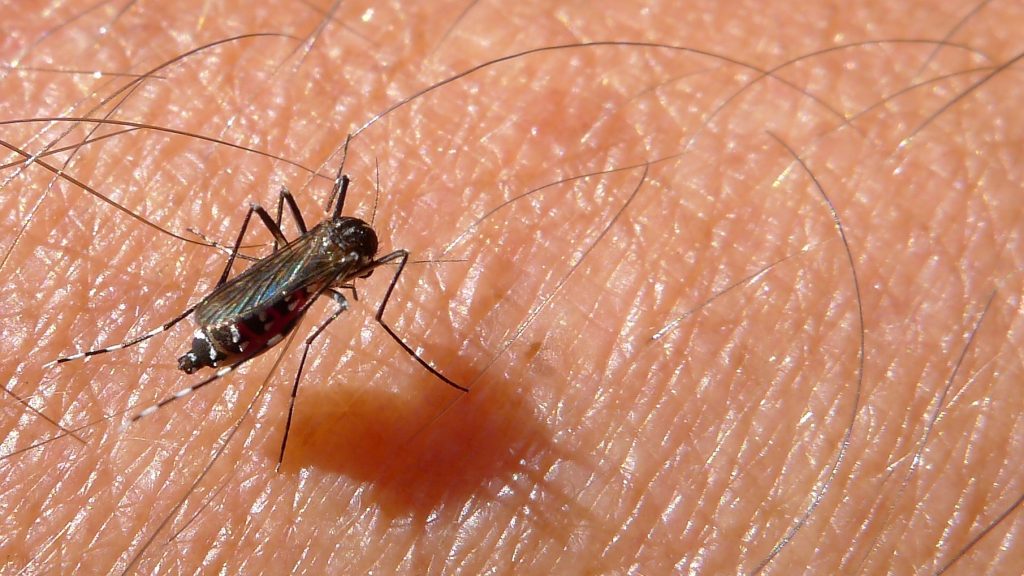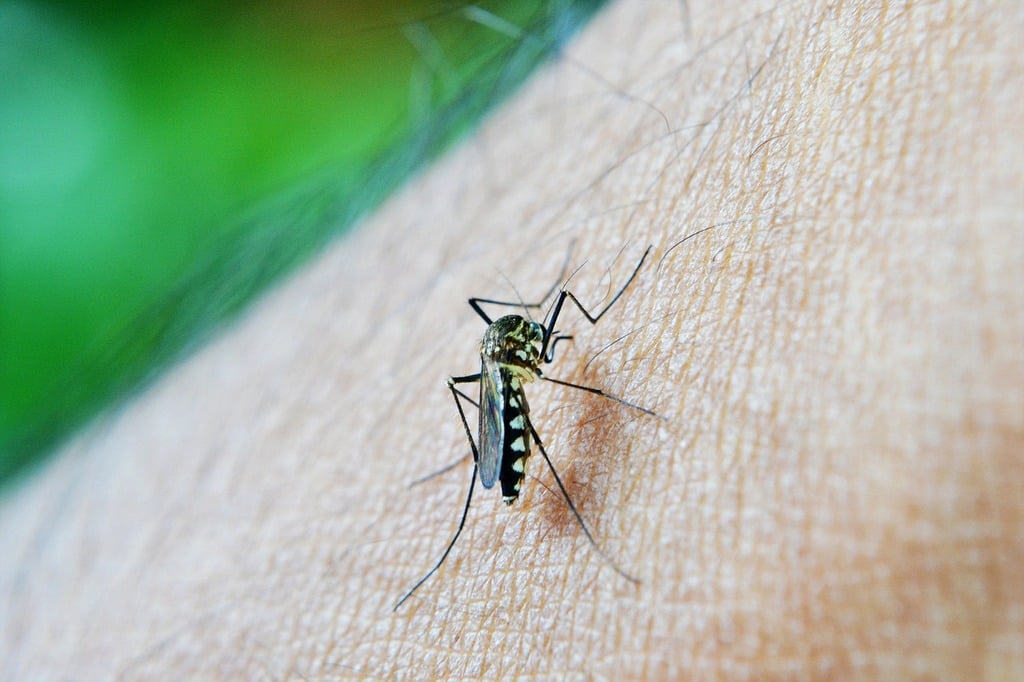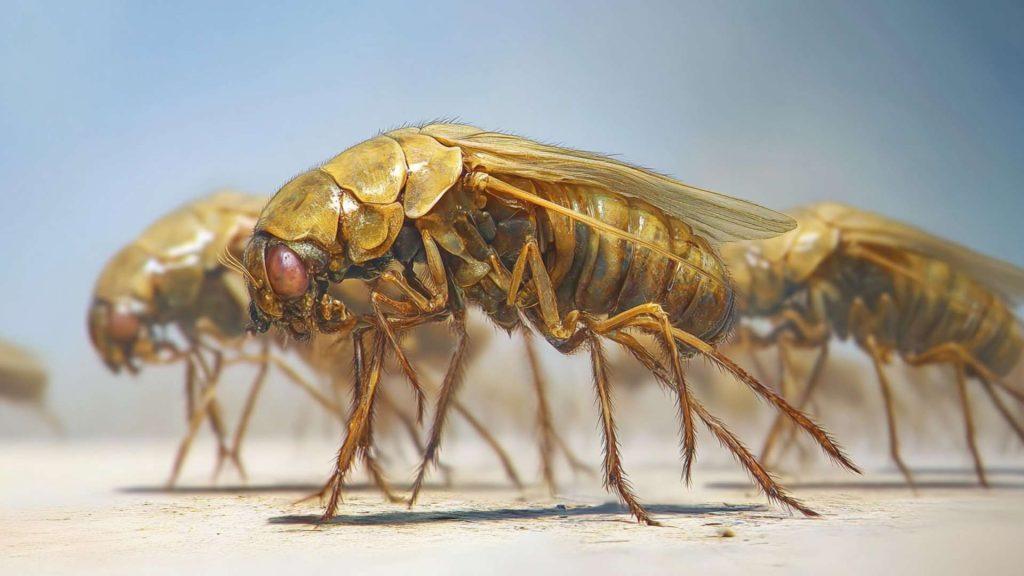Mosquitoes are notorious for being one of the most persistent pests, often leaving itchy bites as evidence of their unwelcome presence. One question that often comes up is whether mosquitoes prefer a certain blood type over others. The answer is yes—scientific studies suggest that mosquitoes are more attracted to O blood types, but the reasons behind this preference are more complex than one might think.


Understanding Mosquito Preferences
Mosquitoes rely on a variety of factors to find their next meal, including the carbon dioxide we exhale, our body temperature, and even the chemicals in our sweat. However, blood type also plays a role in how attractive a person is to these pests. Research indicates that people with Type O blood are more likely to be bitten by mosquitoes compared to those with other blood types. This is due to certain antigens in Type O blood emitting a stronger chemical signal, which mosquitoes can detect from a distance.
The Science Behind the Attraction
Research suggests that mosquitoes are twice as likely to bite people with Type O blood compared to those with Type A blood. Type B falls somewhere in between, with a slightly higher risk than Type A but less than Type O. The reason for this lies in the chemical markers secreted through the skin, which are influenced by a person’s blood type. These markers are like a beacon for mosquitoes, guiding them to their next meal. The research paper indicates that Aedes aegypti mosquitoes have a higher preference for feeding on blood group O compared to other blood types. Specifically, the study found that the mosquitoes exhibited the following preference order: O > AB > B > A. This preference was significant, but the study also noted that the type of blood consumed did not significantly impact the fecundity (egg production) of the mosquitoes.Debunking Myths About Mosquito Bites
There are many myths surrounding mosquito behavior and their blood preferences. Some believe that eating certain foods, like garlic or bananas, can deter mosquitoes, but there is little scientific evidence to support these claims. Others think that mosquitoes prefer “sweet” blood, but in reality, it’s the chemical composition and not the sweetness of the blood that matters. It’s also important to note that while blood type plays a role in mosquito attraction, it’s not the only factor. Environmental factors, personal hygiene, and even the color of your clothing can influence how likely you are to get bitten. Therefore, while having Type O blood might make you more attractive to mosquitoes, it’s not a guarantee that you’ll be bitten more frequently than others.
Practical Tips to Avoid Mosquito Bites
Several steps can reduce your chances of getting bitten. First, consider using a mosquito repellent that contains DEET, picaridin, or lemon eucalyptus oil. Wearing long sleeves and pants is also helpful in minimizing exposed skin. If you spend time outdoors, especially during peak mosquito activity times (dawn and dusk), try to stay in well-screened areas or use mosquito nets. Myths and Facts About Mosquitoes and Blood Type| Myth | Fact |
| Mosquitoes only bite people with Type O blood. | While mosquitoes prefer Type O blood, they will bite anyone if given the chance. |
| Eating certain foods can deter mosquitoes. | There’s no scientific evidence that diet affects mosquito attraction. |
| Mosquitoes prefer “sweet” blood. | Mosquitoes are attracted to chemical markers in blood, not sweetness. |
| Wearing light-colored clothing will repel mosquitoes. | Light colors may reduce visibility to mosquitoes, but repellent is more effective. |
| Mosquitoes are more active during the day. | Mosquitoes are most active in the morning and in the evening. |


